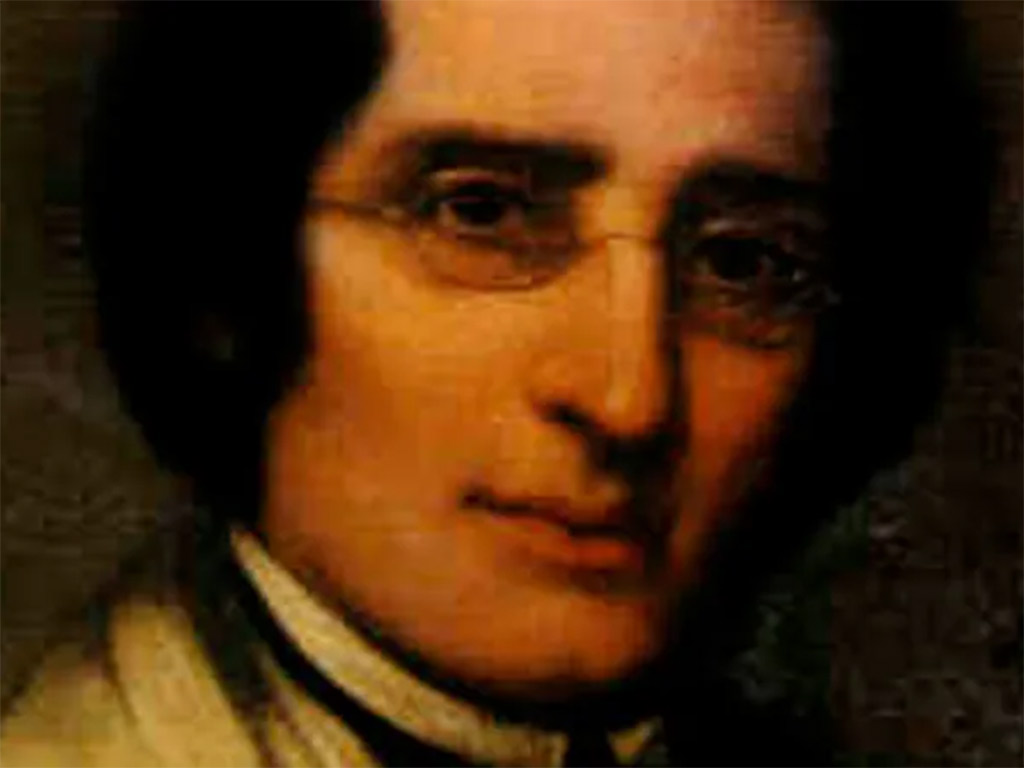Born in Havana on November 20, 1788, Varela is considered in Cuba a thinker of enormous importance who advocated for the recognition of the independence of Americas from the Spanish metropolis, Cuba’s political autonomy, the extinction of slavery and the modernization of the entire educational system.
The priest was the initiator of the experimental teaching of Physics in Cuba, being a fervent defender of experiment in teaching activity and he is recognized as the first author of a Physics Book in Cuba.
He projected himself early as the ideologist of the future nation and influenced successive generations to create the foundations of Cuban culture and nationality.
According to historians, Varela’s teachings were echoed in the most capable minds of his generation, the cradle of the ideals materialized in the independence struggles that started in 1868.
Among his disciples are notable figures like José de la Luz y Caballero, a pedagogue and philosopher; José Antonio Saco, a historian and sociologist; and the naturalist and scientist Felipe Poey, among others.
He died on February 25, 1853, in St. Augustine, Florida (United States), and since 1911 his remains rest in a place of honor in the Aula Magna of the University of Havana.
In 1996, a process for the beatification of the Cuban priest was officially opened, which is currently in the phase of delivering complementary documents, while in 2012, Varela was declared Venerable by Pope Benedict XVI.
jg/mem/mks










